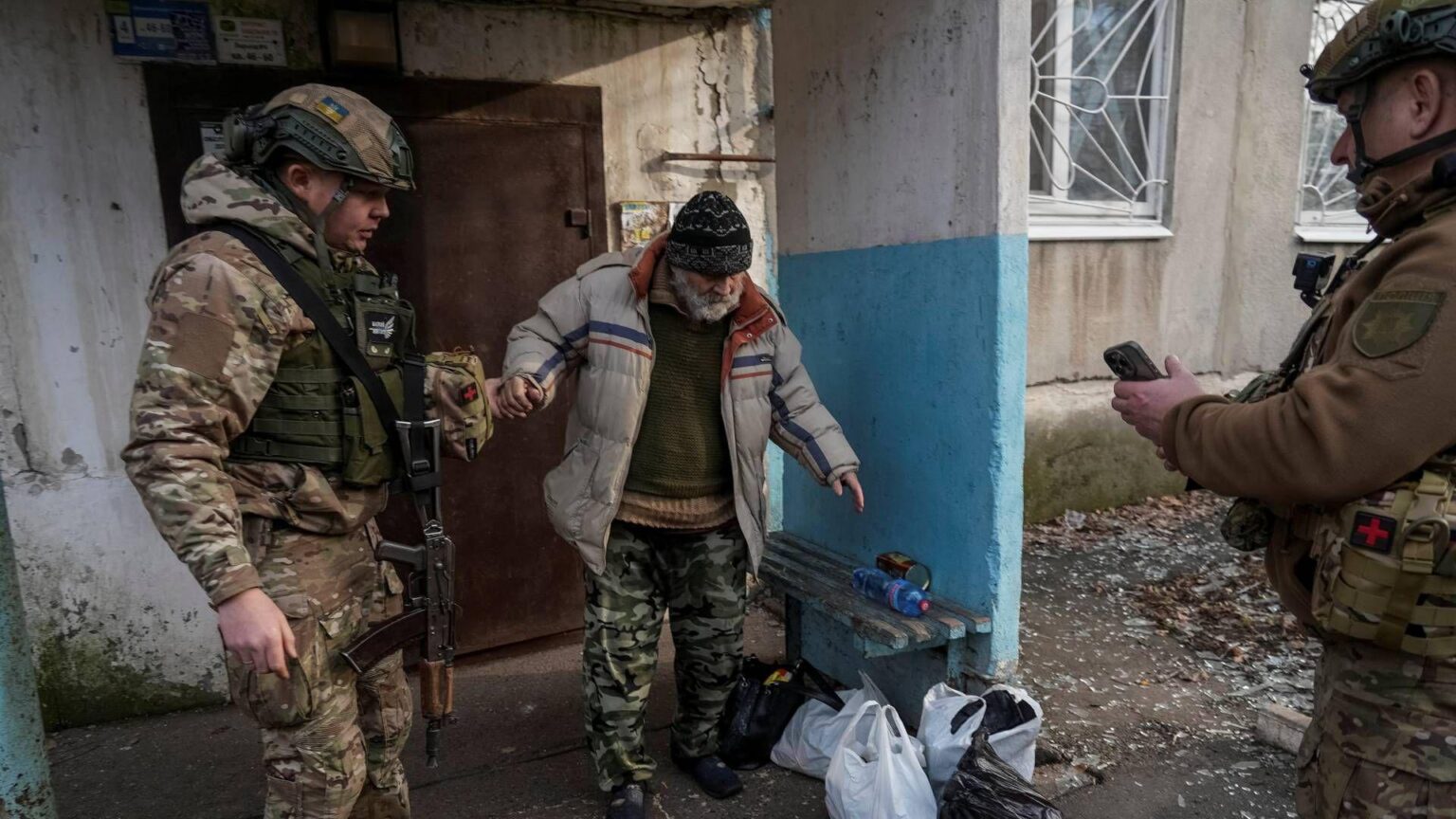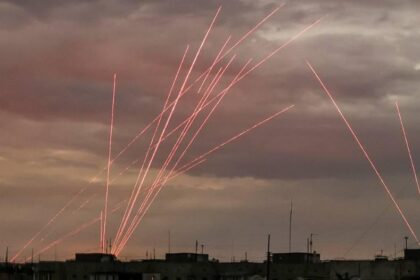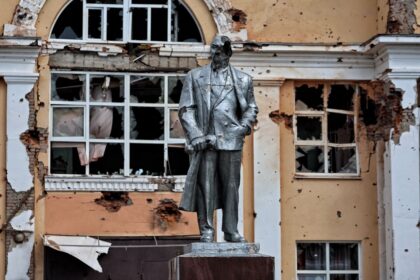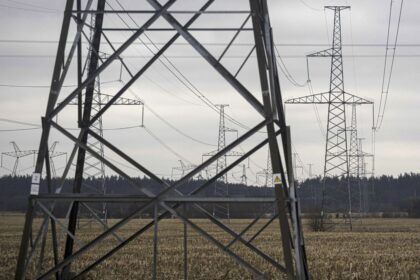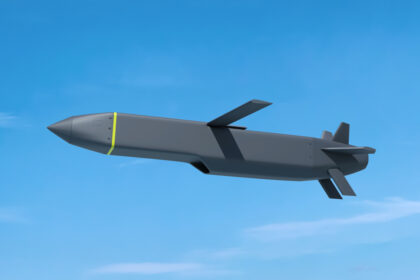**Aid Workers in Ukraine Face Growing Threat from Russian Drones**
Volunteer workers in Ukraine are facing a growing threat from Russian drones. Edward, an aid worker who lost his leg and arm in an explosion on January 30, said his marked vehicle was attacked in what amounts to a war crime.
Edward, who is from Dorset, had been helping evacuees from the front-line town of Pokrovsk. He said that Russian forces are using a new type of drone that cannot be picked up by detecting equipment. This has made it difficult for aid workers to stay safe while driving through the area.
**Aid Workers Take Precautions**
Karol Swiacki, from Bournemouth charity Ukraine Relief, said his volunteers have recently stopped driving marked vehicles because they are afraid of being targeted. The charity is helping people affected by the war in Ukraine.
Edward’s team had previously been attacked by a Russian drone in December, but no one was seriously hurt. However, this recent attack has left Edward with serious injuries and has made him realize how dangerous it is to work as an aid worker in Ukraine.
**Thousands of People Remain in Pokrovsk**
Despite constant attacks from Russian forces, about 7,000 people remain in Pokrovsk. Aid workers are trying to help these people while staying safe themselves. The town is just over 2km away from the Russian front line.
Edward said that he had seen drones hovering above Pokrovsk and was worried that they could be targeted again. He wants more to be done to protect aid workers in Ukraine.
**War in Ukraine Has Changed**
Karol Swiacki said that the war in Ukraine has changed completely in recent months. There are thousands of drones being used, making it difficult for people to move around safely. Even marked vehicles, like those carrying humanitarian aid, are being targeted by Russian forces.
Edward and his team have had to be very careful while driving through the area. They check their surroundings constantly and try to avoid areas where they know there are drones hovering above.
Read More @ www.bbc.com




